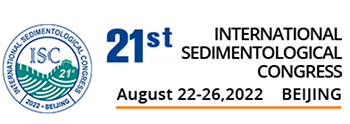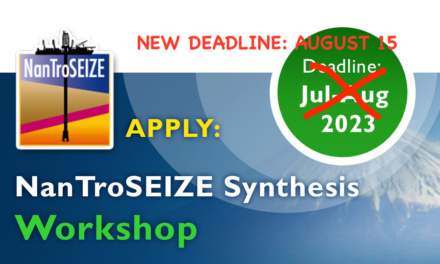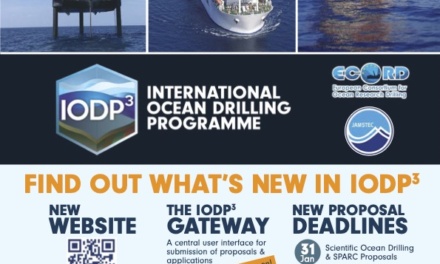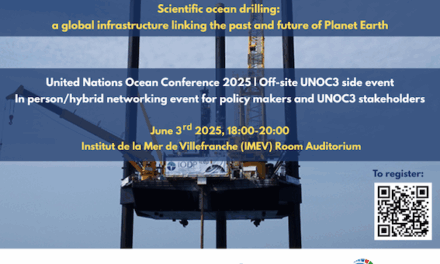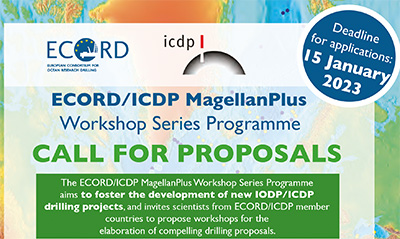21st International Sedimentological Congress
August 22–26, 2022
Beijing, China
Date of abstract submission: December 15, 2021–April 4, 2022
Early Bird Registration: December 15, 2021–May 1, 2022
Abstract acceptance notice: April 20, 2022
– CALL FOR ABSTRACTS –
Session T11-4: Sedimentological research in scientific ocean drilling: Achievements and perspectives
Convenors:
Gilbert Camoin – CNRS-CEREGE, Aix-en-Provence, France
Christian Betzler – University of Hamburg, Hamburg, Germany
Stephen Gallagher – University of Melbourne, Victoria, Australia
Michi Strasser – University of Innsbruck, Innsbruck, Austria
Zhifei Liu – Tongji University, Shanghai, China)
Scientific drill ships allow scientists to access some of Earth’s most challenging environments, collecting data and samples of sediment, rock, fluids and living organisms from below the seafloor. Drilling expeditions and experiments during the past international ocean drilling programs have transformed the understanding of our Planet by addressing some of the most fundamental questions about Earth’s dynamic history, processes and structure, and by opening up new lines of inquiry. IODP is a multinational program of scientific research in the oceans, which uses drilling, logging and sub-seafloor monitoring to undertake research on Earth system processes ranging from changes in the Earth’s climate to the rifting and drifting of continents.
The current IODP Science Plan highlights four main themes, each encompassing a short list of high-priority scientific challenges. These themes incorporate shared interests with another major international scientific drilling program, the International Continental Scientific Drilling Program (ICDP), and some marine-based national and international research programs (e.g., ocean-observing initiatives, Past Global Changes, InterRidge, InterMARGINS). IODP expeditions cover a full spectrum of expertise and scientific objectives, in which sedimentology plays a pivotal role in the reconstruction of depositional environments and diagenetic evolution of sediments and rocks, as well as the unravelling and modeling of sedimentary processes. Most of the drilling expeditions involve sedimentological studies and many have been driven by specific sedimentological research topics. In addition, the core and data management policy implemented by the successive ocean drilling programs over the past decades provide a remarkable opportunity to (re)investigate legacy cores by using new techniques.
The initiation of the Mission-Specific Platform (MSP) concept by the European Consortium for Ocean Research Drilling (ECORD) in 2003 has led to the extension of the program’s capability into new areas with challenging geographical, logistical or lithological characteristics that prohibited the deployment of the R/V JOIDES Resolution or D/V Chikyu. In parallel, recovery in challenging lithologies (e.g., shallow-water carbonates, siliciclastic sediments) has been significantly improved by taking advantage of new technologies or using existing technologies in innovative ways. MSPs have therefore allowed a new generation of scientific drilling proposals to be realized in previously inaccessible areas and opened up the program to new scientific communities. MSPs are natural partners for proposals that require both onshore and offshore experiments, multi-disciplinary and multi-program proposals, and proposals that require long-term monitoring in addition to sampling.
This session invites oral and poster presentations concerning achievements and perspectives of sedimentological research studies in scientific ocean drilling.
Visit the website for further information:http://www.isc2022.org.cn
Download the Call for abstracts as a pdf file.

